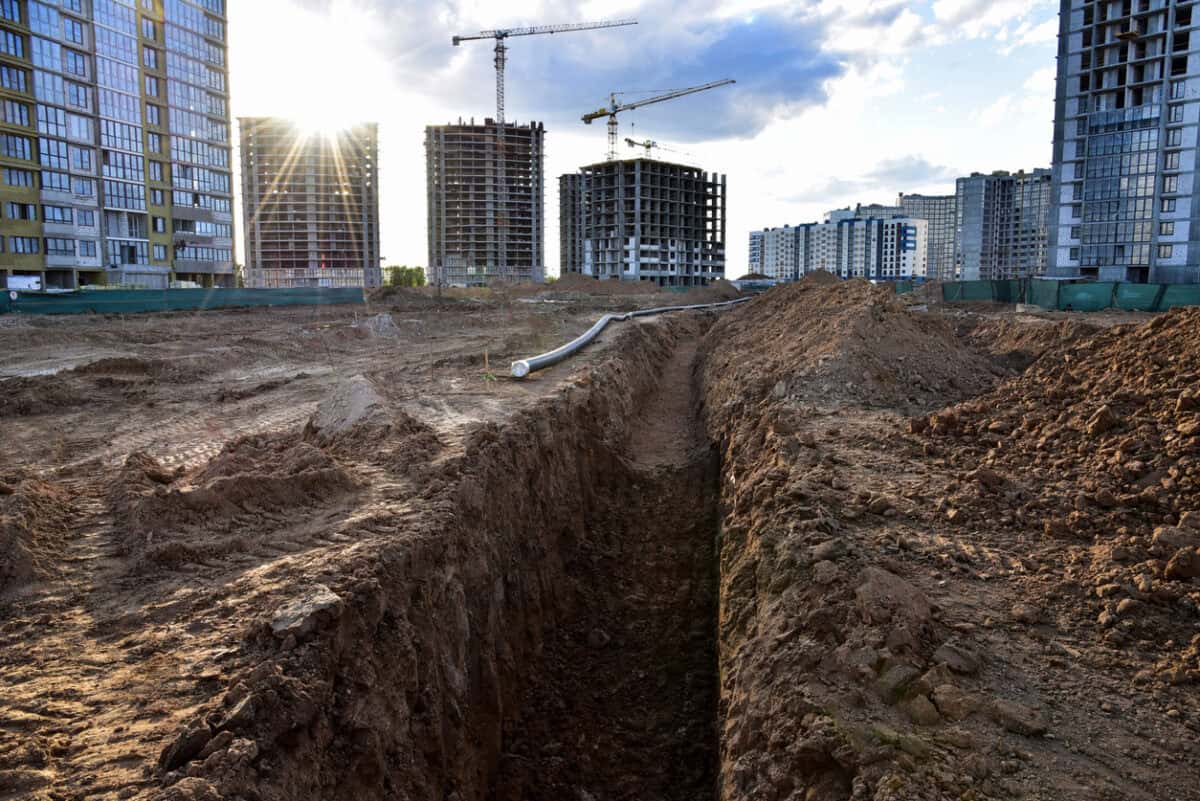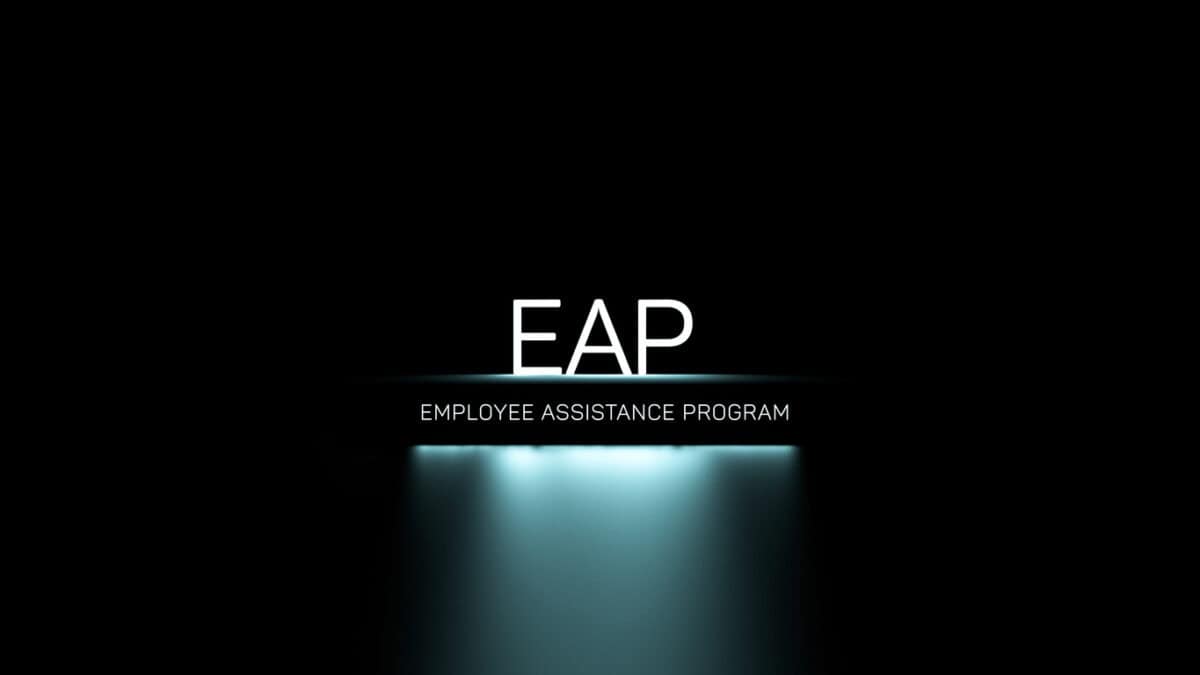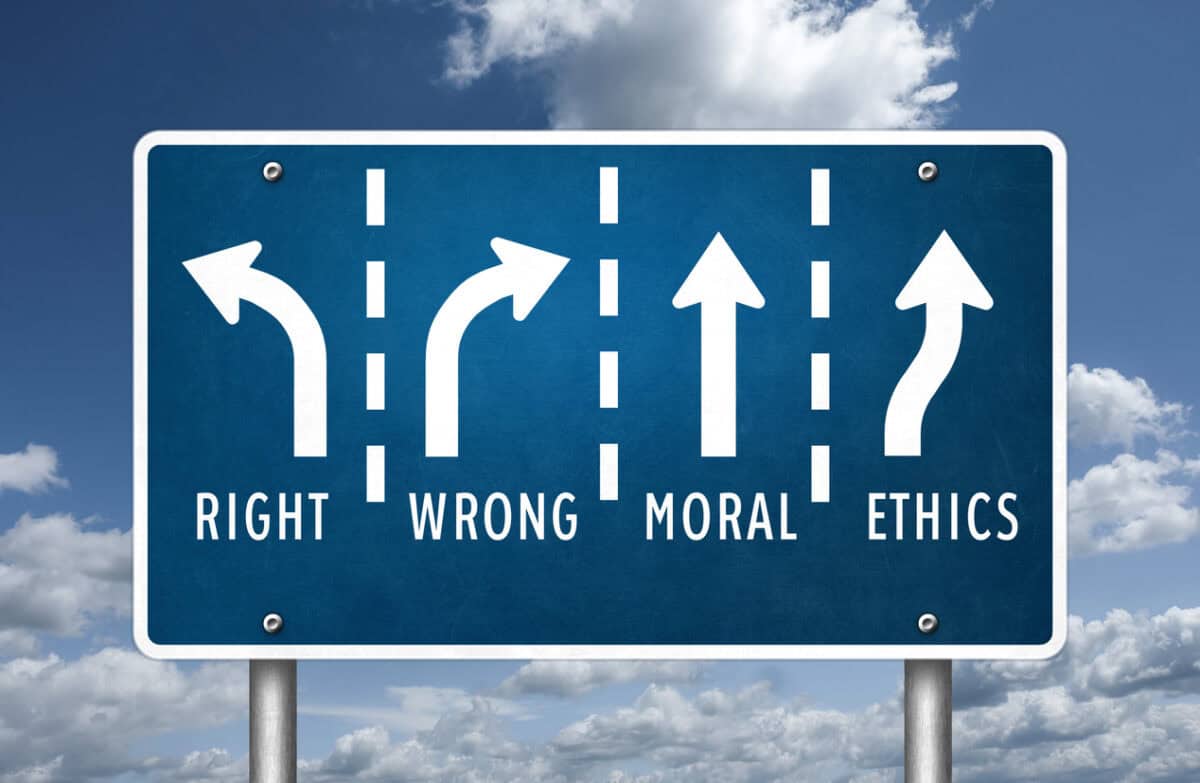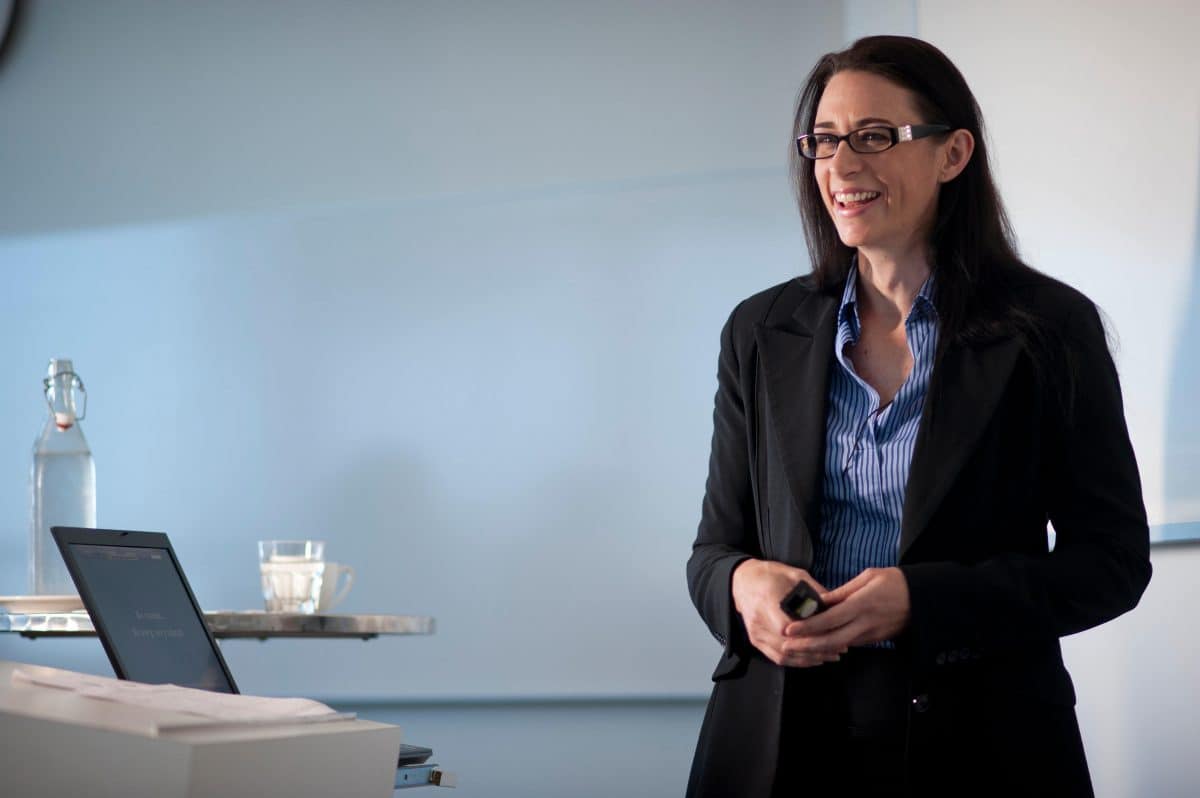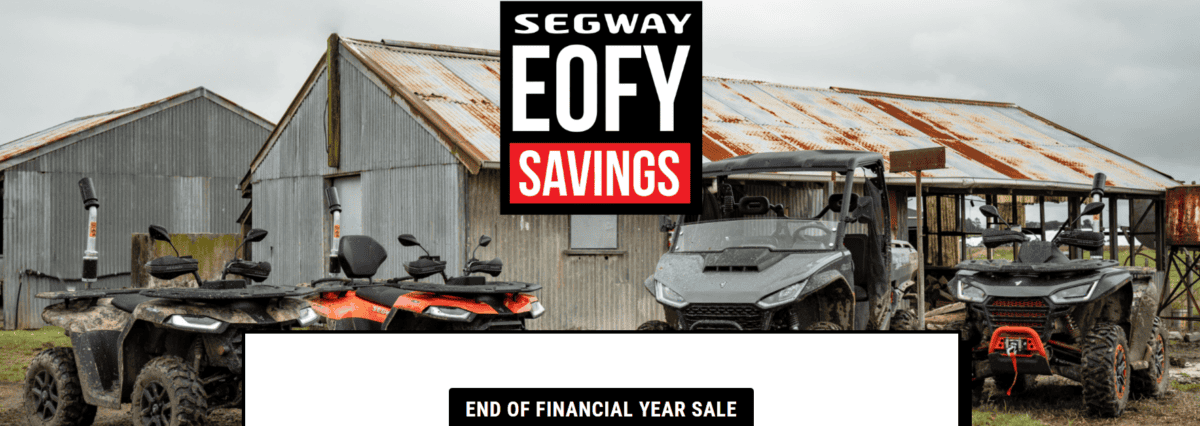I am a fan of NPR’s radio program, All Things Considered. Occasionally, it reports on workplace health and safety matters. On July 19, 2024, it reported on the unacceptable number of deaths from trenching activities in the United States. The content was shocking and disappointing (the default setting for many reactions to occupational health and safety (OHS) matters), but the report’s format is an excellent example of journalism.
Category: media
The OHS context is almost missed as EAP bodies scrap
The increased interest in preventing and managing psychosocial hazards at work should draw more attention to a service that many employers rely on to handle this issue: Employee Assistance Providers (EAPs).
Recently, The Age newspaper ran an article called “Employers spruik workplace wellbeing services. But who is picking up the phone?” (paywalled). The hard copy article was “Doubts raised on workplace wellbeing services”. Both articles reported on EAP services that are not always being provided by qualified clinical psychologists, as these services used to be.
Questionable deterrence value in Industrial Manslaughter penalties
New South Wales is the latest Australian jurisdiction to introduce a penalty for Industrial Manslaughter (IM) in its occupational health and safety (OHS) laws. One of the primary aims of significant penalties like IM is to deter others from making similar negligent decisions related to workplace health and safety. But deterrence is a fickle beast.
The psychosocial message may be getting through
Recent Australian insurer Allianz released survey data that revealed:
“….half of surveyed Australian employees claim they feel fatigued and burnt out”.
This report generated a recent article (paywalled) in the Australian Financial Review (AFR), which included some important comments from Dr Rebecca Michalak. Her comments are an important introduction to a week that includes SafetyAtWorkBlog’s exclusive reporting on The Psych Health & Safety Conference.
Broadening the OHS perspective
Over the last decade, the occupational health and safety (OHS) profession has been challenged by a new perspective on OHS and its professional interaction with it. Safety Differently, Safety II or some other variation are important and intriguing variations, but they seem to remain confined to the workplace, the obligations of the person conducting a business or undertaking, and/or the employer/employee relationship. The interaction of work and non-work receives less attention than it deserves.
Many OHS professionals bemoan OHS’ confinement to managerial silos but continue to operate within their own self-imposed silo. One way for OHS to progress and to remain current and relevant is to look more broadly at the societal pressures under which they work and how their employees or clients make OHS decisions. Some recent non-OHS books and concepts may help.
Quad Bike Safety Standard compliance and media accuracy
It is reasonable to claim that the quad bike safety controversy has been resolved in Australia through the intervention of the Australian Competition and Consumer Commission (ACCC) and the imposition of a national safety standard. However, the occupational health and safety (OHS) message continues to be murkier than necessary when quad bikes are advertised in some of the agricultural media without critical safety devices.
WHO says burnout is occupational, but at least one psychologist says WHO is wrong
The cover story of the February 2024 edition of Psychology Today is less a story than a collection of short pieces on mental health and burnout. This blog may seem unfairly critical of much of the psychological discussion on burnout but this is largely because the World Health Organisation (WHO) has defined burnout as an occupational phenomenon and “is not classified as a medical condition”. The popular literature on mental health and its workplace context almost entirely overlooks these two elements – a literature that is often the first destination for people trying to understand their workplace distress. Sometimes, popular literature is unhelpful.

